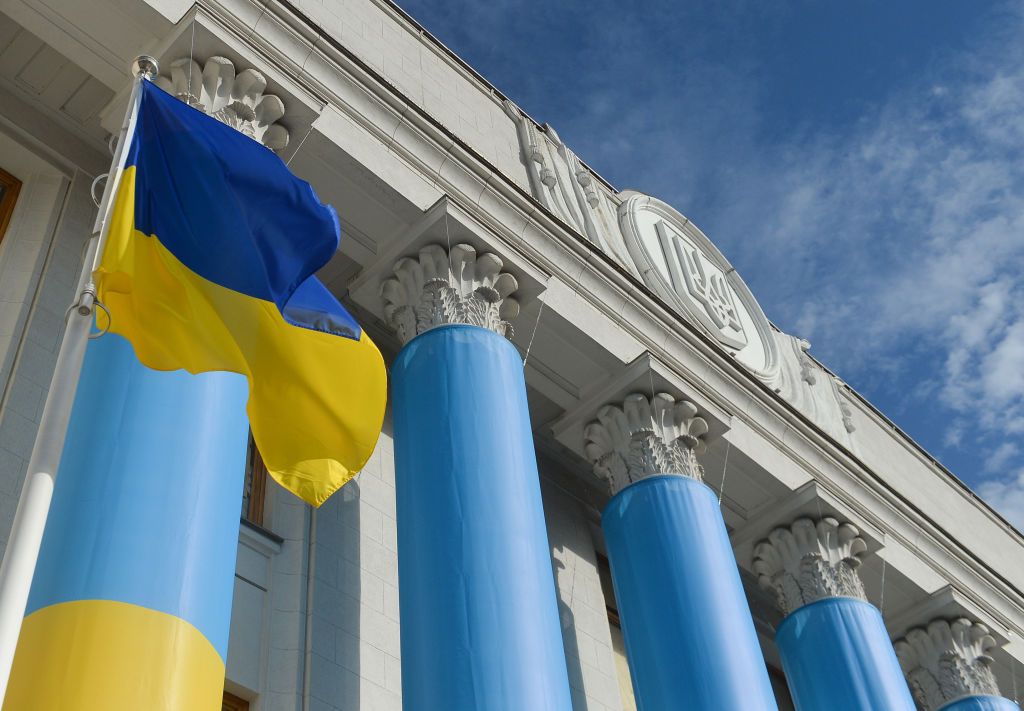Survey: Half of Ukrainians say criticism of authorities needed but shouldn't destabilize country

Around 50% of Ukrainians think it is important to criticize the government's actions even during the war, but the criticism should be constructive and not destabilize the situation, according to a survey by the Kyiv International Institute of Sociology (KIIS) published on June 10.
Around 31% of the respondents said that the criticism must be harsh and uncompromising "as the only way to put pressure on the authorities" to correct their mistakes. Some 13% think that criticism should not be allowed to prevent destabilization of the situation in the country, and 5% were undecided.
Numerous surveys after the outbreak of the full-scale war showed the Ukrainian population rallied behind the government, but more recent polls indicate that the level of trust and support is decreasing in some areas.
Respondents from eastern regions were most uncompromising about the criticism, with 47% saying it should be as harsh as possible and 49% calling for a more balanced approach.
People from central, southern, and western regions displayed roughly the same position, with around 30% calling for harsher criticism and over 60% preferring a restrained approach.
Those respondents who said they trust President Volodymyr Zelensky completely (21%) or partially (38%) were more likely to call for a balanced criticism without destabilizing the situation (77% and 76%, respectively).
People who do not trust the president at all (22%) or partially (14%) were more likely to call for uncompromising criticism (62% and 39%, respectively).
The survey was conducted between May 16 and 22 and involved 1,067 respondents from all regions except for occupied territories.
Another KIIS survey published last week showed the level of trust in Zelensky was at 59%, a notable decrease from 90% at the start of the full-scale war but still higher than some other world leaders.
Yet another poll from last week found that 43% of people think that the state of democracy declined during Zelensky's five-year term, but only 28% blamed exclusively the authorities for this development.











